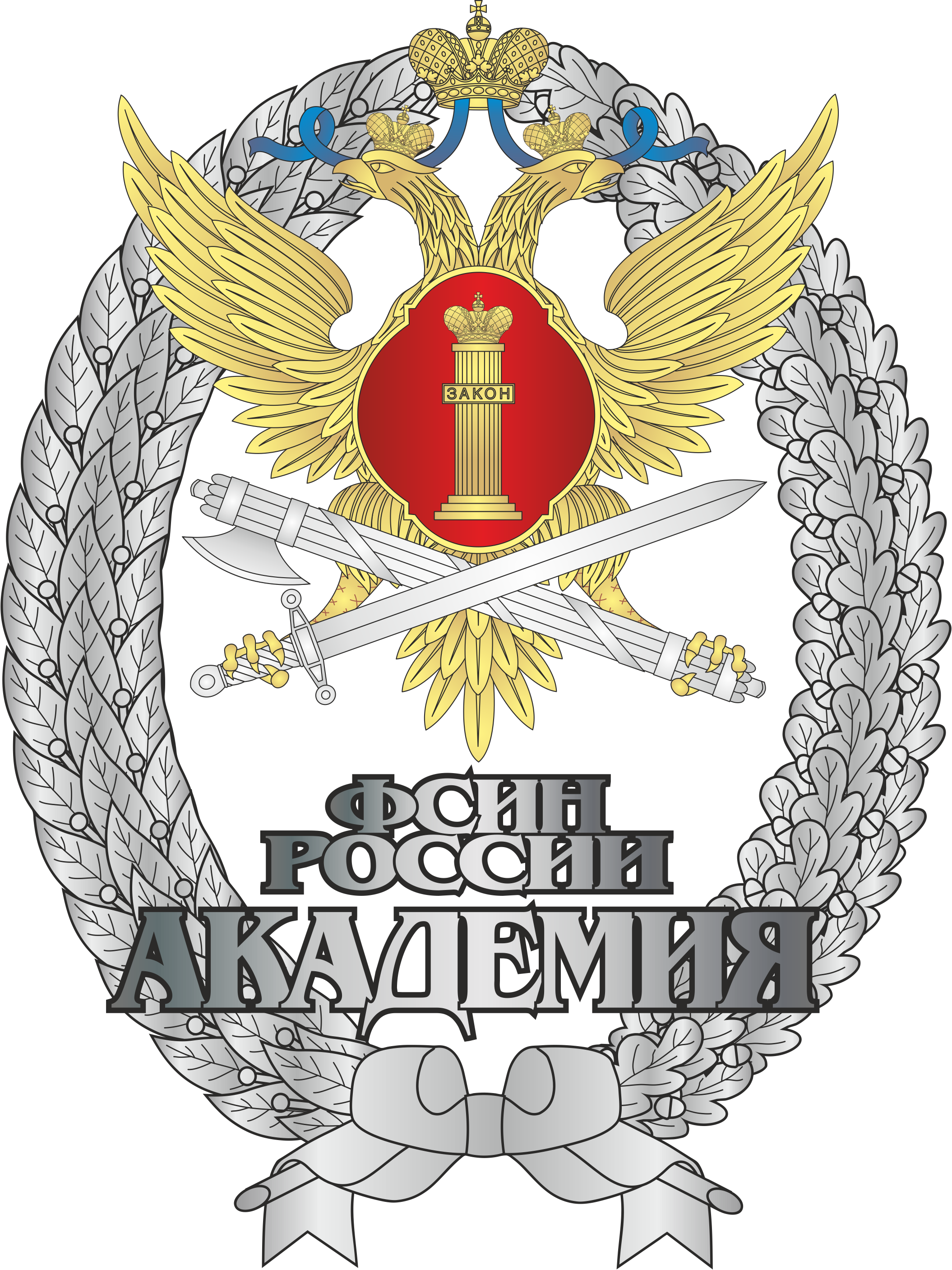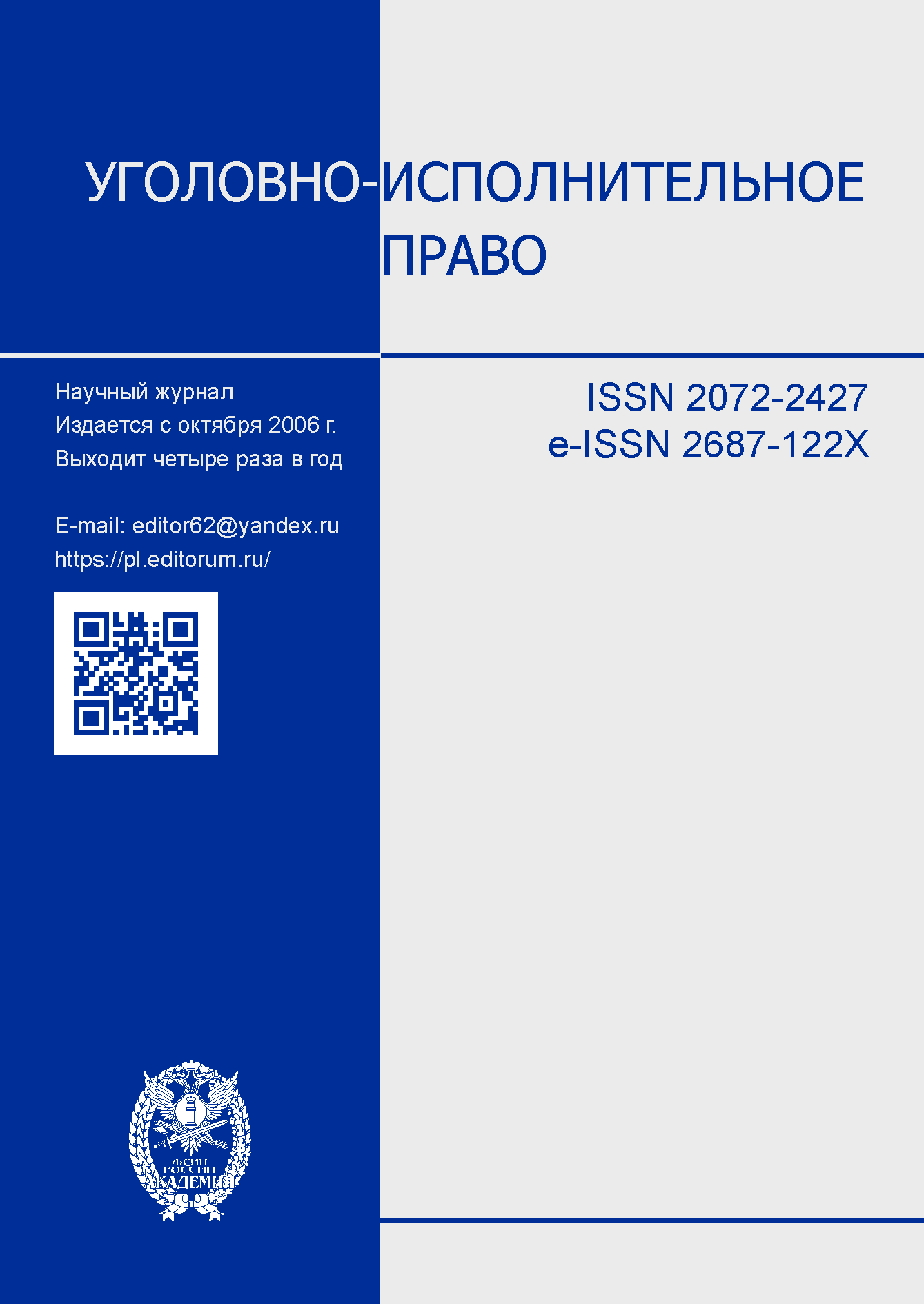Sankt-Peterburg, St. Petersburg, Russian Federation
UDC 328.185
The article considers ideology as the dominant corruption-causing factor in the existence of corruption as a socio-cultural phenomenon. The imperfection of the formation of the ideological foundations of the anti-corruption worldview is analyzed on the examples of sociological research, legislative acts on the prevention of corruption. The ideology of corruption is promoted by tolerance, acceptance and permissibility of corruption offenses in the legal consciousness of citizens, therefore, in the existing competition between corruption and anti-corruption ideology, the author assigns the latter a dominant role in the mechanism of combating corruption as the dominant force and determining vector of the entire anti-corruption policy.
ideology of corruption, anti-corruption policy, determinants of corruption, anti-corruption mechanism
1. Girts, K. 2004, Interpretation of cultures, translated from English by O. V. Barsukov, A. A. Borzunov, G. M. Dashevsky, E. M. Lazareva, V. G. Nikolaev, Russian Political Encyclopedia, Moscow.
2. Kant, I. 2022, The Critique of pure reason, translated from German by N. Lossky, AST, Moscow.
3. Nietzsche, F. 2023, Beyond good and evil: a prelude to the philosophy of the future, ABC-Atticus, St. Petersburg.
4. Kuznetsov, V. N. 2006, ‘The phenomenon of ideology’, Society and law, iss. 4(14), pp. 15–19.
5. Andreev, A. N., 2024 ‘The cultural code of Russian civilization as an ideological problem’, in Media processes in the modern humanitarian space: approaches to study, evolution, prospects: proceedings of the IX Scientific and practical Conference, Moscow, May 20, 2023, pp. 97–105, Moscow Pedagogical State University, Moscow.
6. Pohmelkin, A. V. & Pohmelkin, V. V. 1992, Ideology and criminal policy, RAS, Moscow.
7. Fromm, E. 2019, Healthy society, translated from English by T. Banquetova, S. Karpushina, AST, Moscow.
8. Bavsun, M. V. 2014, Criminal legal impact: ideology, goals and means of implementation: monograph, Omsk Academy of the Ministry of Internal Affairs of Russia, Omsk.
9. Ilnitskiy, A. S. 2020, ‘Criminal ideology on the Internet: theoretical and socio-legal prerequisites for criminological cognition’, Bulletin of the Krasnodar University of the Ministry of Internal Affairs of Russia, iss. 4(50), pp. 49–53.
10. Kochetkov, A. V. 2002, Problems of countering criminal ideology in culture: criminological and criminal law aspects: PhD thesis (Law), Moscow.
11. Andreev, A. N. 2024, ‘Ideology as a cultural phenomenon and as a civilizational potential of Russia’, Scientific research and development. Socio-humanitarian research and technology, vol. 13, iss. 1, pp. 13–23.
12. Golik, Yu. V. & Karasev, V. I. 2005, Corruption as a mechanism of social degradation: monograph, Law Center, Moscow.
13. Kuznetsova, O. A. 2024, The subject of corruption crimes: criminal and legal characteristics and mental personality traits: Sc.D thesis (Law), Moscow.
14. Anti-corruption: information and analytical bulletin 2023, Jurisprudence, Moscow.
15. Presnyakov, M. V. & Channov, S. E. 2020, ‘Register of persons dismissed from state and municipal service due to loss of trust: issues of effectiveness’, Journal of Russian Law, iss. 10, pp. 168–183.
16. Truntsevsky, Yu. V. 2020, ‘Disciplinary and judicial practice in cases of dismissal for a corruption offense due to loss of trust’, Journal of Russian Law, iss. 11, pp. 155–173.
17. tebeneva, E. V. 2011, Police officer as a special subject of corruption crimes: criminal law and criminological aspects: PhD thesis (Law), St. Petersburg.
18. Shirshanova, E. A. 2024, Bribery in the Department of Internal Affairs: criminological analysis: PhD thesis (Law), St. Petersburg.
19. Mironova, G. N. 2019, Criminal liability for minor commercial bribery (art. 204.2 of the Criminal Code of the Russian Federation): PhD thesis (Law), Omsk.
20. Sidorenko, E. L. 2017, ‘The state and dynamics of domestic corruption in the Russian Federation’, Journal of Russian Law, iss. 6(246), pp. 154–167.
21. Gezalov, P. A. 2024, ‘The reasons for the low level of corruption in Denmark, Finland and New Zealand’, Scientific Leader, iss. 19(169), viewed 2 October 2024, https://scilead.ru/ article/6433-prichini-nizkogo-urovnya-korruptsii-v-danii-f?ysclid=m6xtkuj2f9940020181.
22. Grebenkina, S. A. 2024, ‘Anti-corruption in government: the practice of foreign countries’, Bulletin of the Academy of Knowledge, iss. 1(60), pp. 105–108.
23. Kalach, A. V. & Kulakova, N. G. 2019, ‘Comparative legal analysis of the state and anti- corruption in Finland and the Russian Federation (What can our country borrow from its northern neighbor?)’, Bulletin of the Samara Law Institute, iss. 4(35), pp. 45–51.
24. Stebeneva, E. V. 2018, ‘Anti-corruption Russian legislation: some problems of improvement and interpretation’, Bulletin of the St. Petersburg University of the Ministry of Internal Affairs of Russia, iss. 2(78), pp. 166–169.
25. Sidorov, B. V. & Ahunov, D. R. 2021, ‘Minor or minor bribery’, Bulletin of Economics, Law and Sociology, no. 3, pp. 73–79.
26. Stebeneva, E. V. 2024, ‘Corruption: public danger or tolerance?’, in Public danger in criminal, penal law and criminology: proceedings of the XIV Russian Congress of Criminal Law, Moscow, May 30–31, 2024, pp. 414–417, Yurlitinform, Moscow.
27. Horolskiy, G. V. 2011, State-legal anti-corruption ideology in the structure of the legal system: theoretical and legal analysis: PhD thesis (Law), Volgograd.











